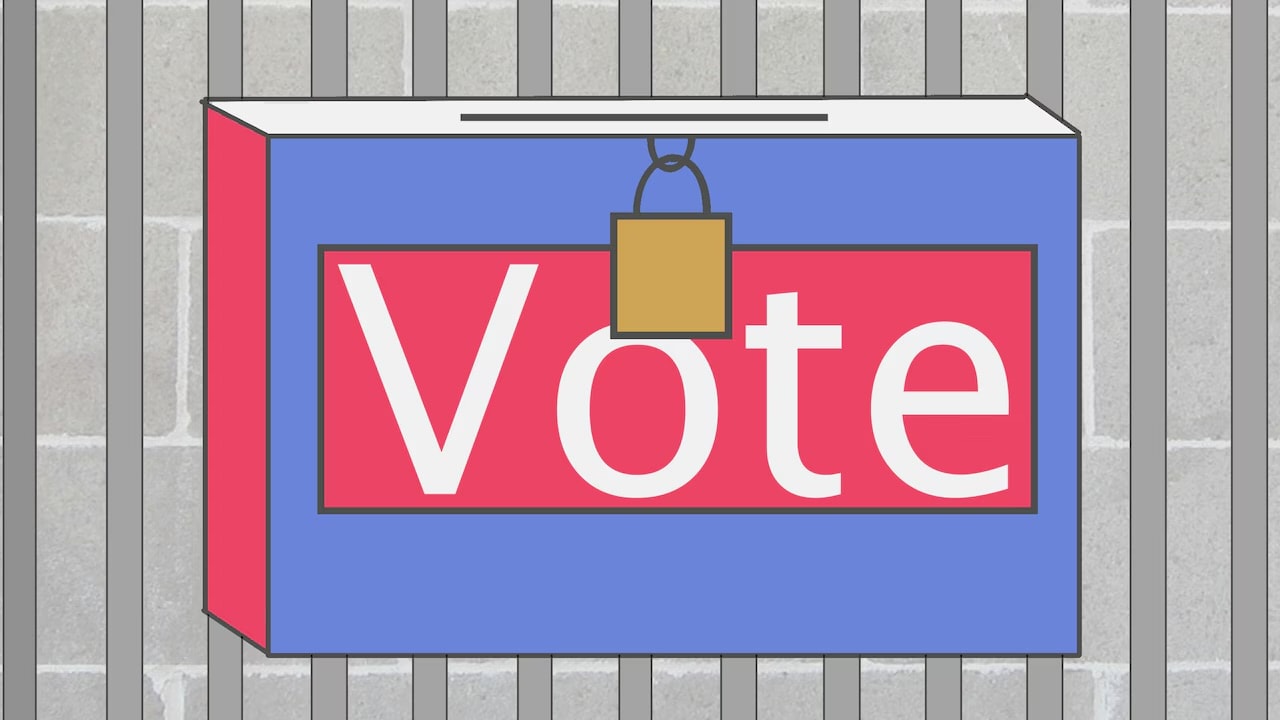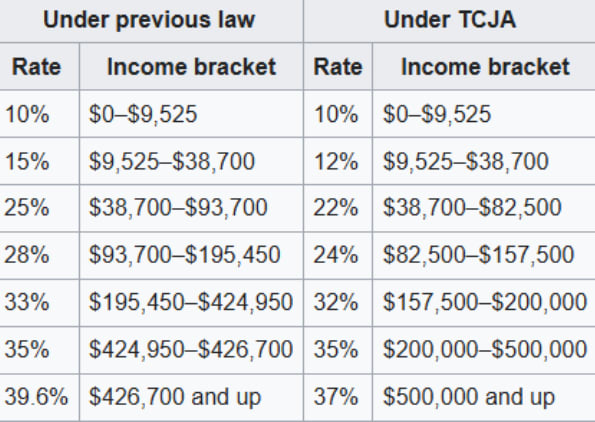Contemporary times have seen the laxation of many American ideologies—they swing continuously, being instated, removed, reinstated, and so forth. Among them are the heated immigration reform policies, artificial intelligence, climate change, and the list will roll on. But felon disenfranchisement is also one of these ideologies: the idea that those convicted of criminal offenses should have their voting rights taken away.
This being an election year, this topic is on the burner now more than ever. The Sentencing Project Organization says that about four million Americans were shunned out of this year’s election. But this isn’t a new development. Felon disenfranchisement was first proposed in the US in 1792 when Kentucky ratified its Constitution to allow for the exclusion of anyone having committed certain misdemeanors, like political bribery or forgery. However, such concepts were introduced even hundreds of years before that date; as per the Oxford Academic Paper, Greek city-states had a policy called atimia, where criminal offenders were punished with disenfranchisement (although in those times, voting was limited exclusively to the elite—very few actually saw the repercussions of disenfranchisement).
After Kentucky, state after state similarly ratified their constitutions. Now, the ACLU says that 48 states can use felon disenfranchisement as a form of civil death. Despite being widespread, this concept has sparked much controversy and dismay. The National Conference of State Legislatures has disclosed that as of last year, five states granted voting rights to those on parole. Even in Kentucky, rallies have been held in cities for felon voting rights. This is monumental. It represents a rapidly changing political plane, one where irrationality may supersede fundamental ethics.
Proponents argue that a felon not being able to vote contradicts the process of reintegration (the readmission of ex-criminals into society). There have also been arguments that it is a denial of overall rights, a violation of morality and that those who pay taxes should not be excluded from voting.
My disagreement with such claims lies on what I think is a logical basis: I see little justification, extenuating circumstances aside, that those who have disregarded our laws should have the chance to create them.
This line of rationale is very much connected with reintegration. Integration in itself is good on paper, but very difficult to implement. Indeed, integration should not be warranted—it should be earned. Once we see that ex-felons are actively working to rectify their past, I see no reason to continue their disenfranchisement. But reintegration does not mean we dilute a national privilege. Felons must pay, to one extent or another, for what they have done.
I feed my argument with the fallacies in the pro-enfranchisement one. For instance, take the point of being entitled to voting rights because of paying taxes. I judge this statement to be severely out of context. I do not dispute the fact that felons pay taxes—the Internal Revenue Sources (IRS) affirms that they do. But just like taxpaying doesn’t vindicate a felon, it shouldn’t enfranchise one. This is analogous to saying that if I pay taxes in a foreign country, I am entitled to vote for its policies. Voting isn’t a set-in-stone guarantee—it is a responsibility and a privilege. It is not a lifetime warranty. And taxpaying isn’t a civil privilege, it is just short of a national obligation. If you do something ignominious enough to lose the privilege of voting, that doesn’t mean you cease attending to your other duties as a citizen. That isn’t taxation without representation, as some quote. It is taxation with simultaneous retributions.
The last argument revolves around moral standards: it is unvirtuous and unconstitutional to disenfranchise any citizen of America. Well, the latter part of this claim is simply untrue. The Constitution never explicitly forbids disenfranchisement and even allows it for felons. The National Constitution Center details that according to the 14th Amendment, the “right to vote” may be “abridged … for participation in rebellion, or other crime.” As for the former part of that statement…well, in my eyes, the felons were the ones who crossed the line first. Their actions were the ones that first abandoned morality. The benefits of citizenship require a certain degree of ethical responsibility. Voting is one of these benefits, and as soon as someone crosses that moral threshold, it’s fair game.
Again, enfranchisement is not a prerogative. It is not something to be exploited, but something to be prized. It is, in many aspects, a reward. Felons should not be rewarded. They should be corrected, with either punitive or rehabilitative models. But until the day that they prove themselves to be a functional unit of our society again, they should not be rewarded with the enfranchisement that our nation has nearly torn itself apart for.












